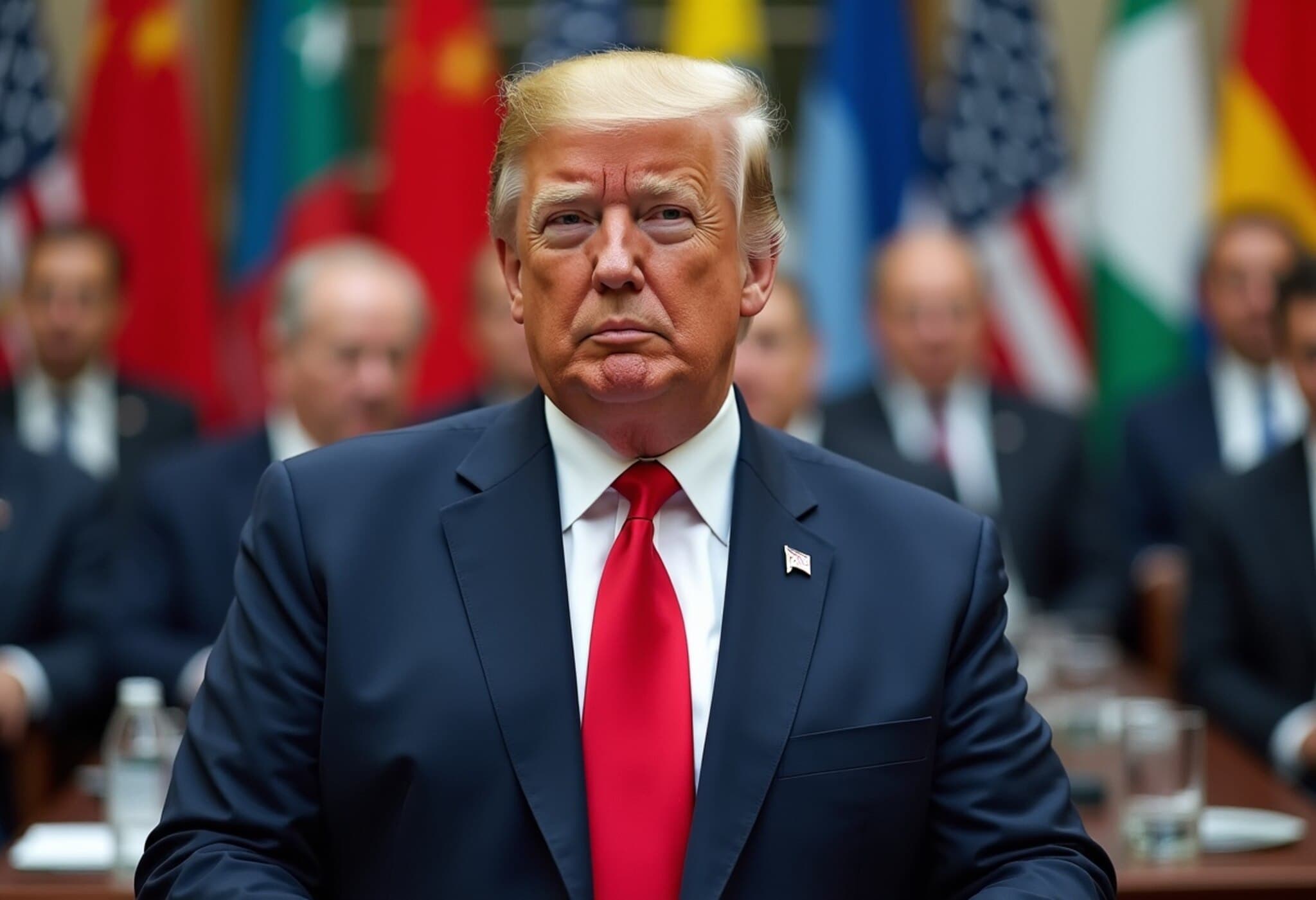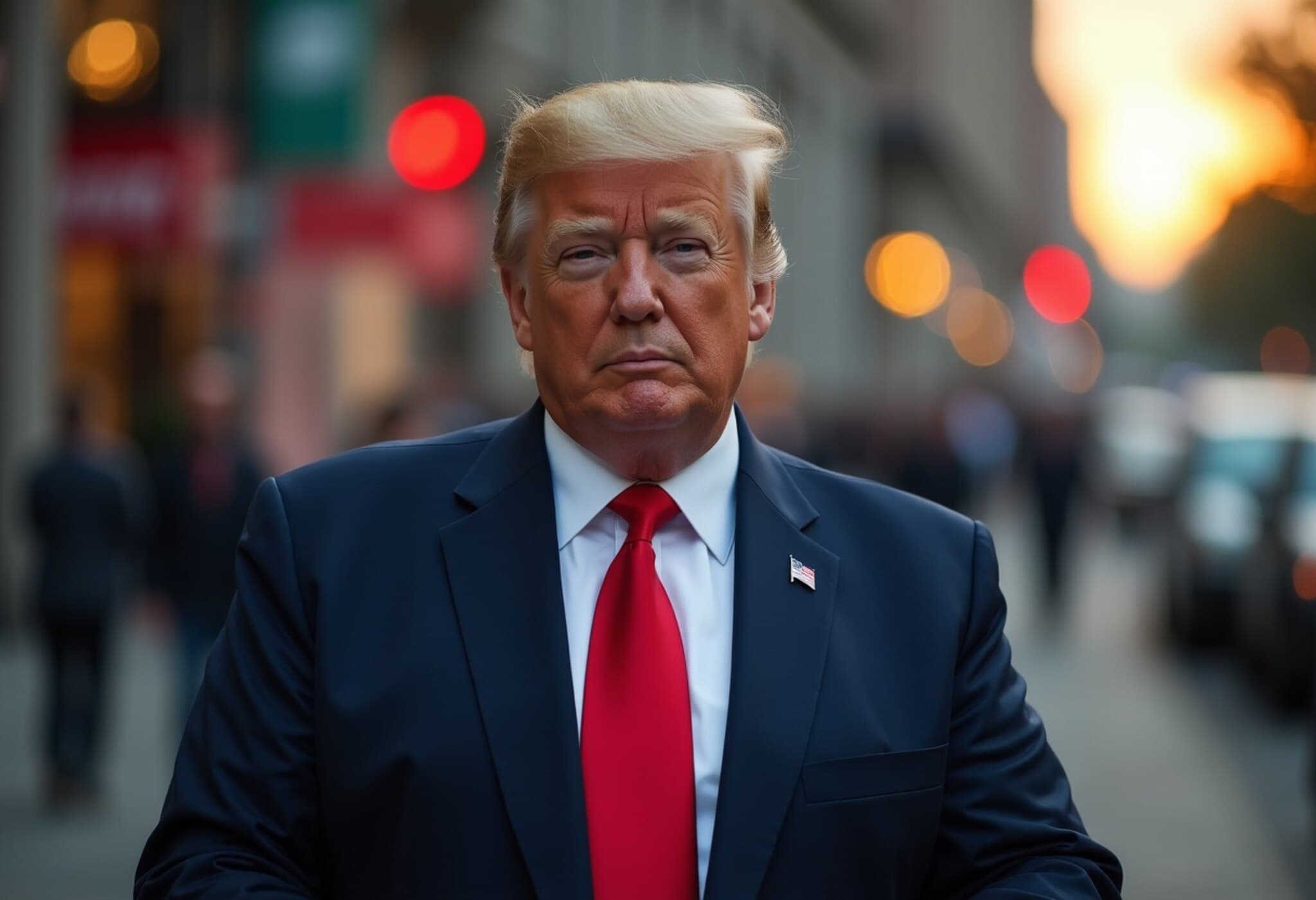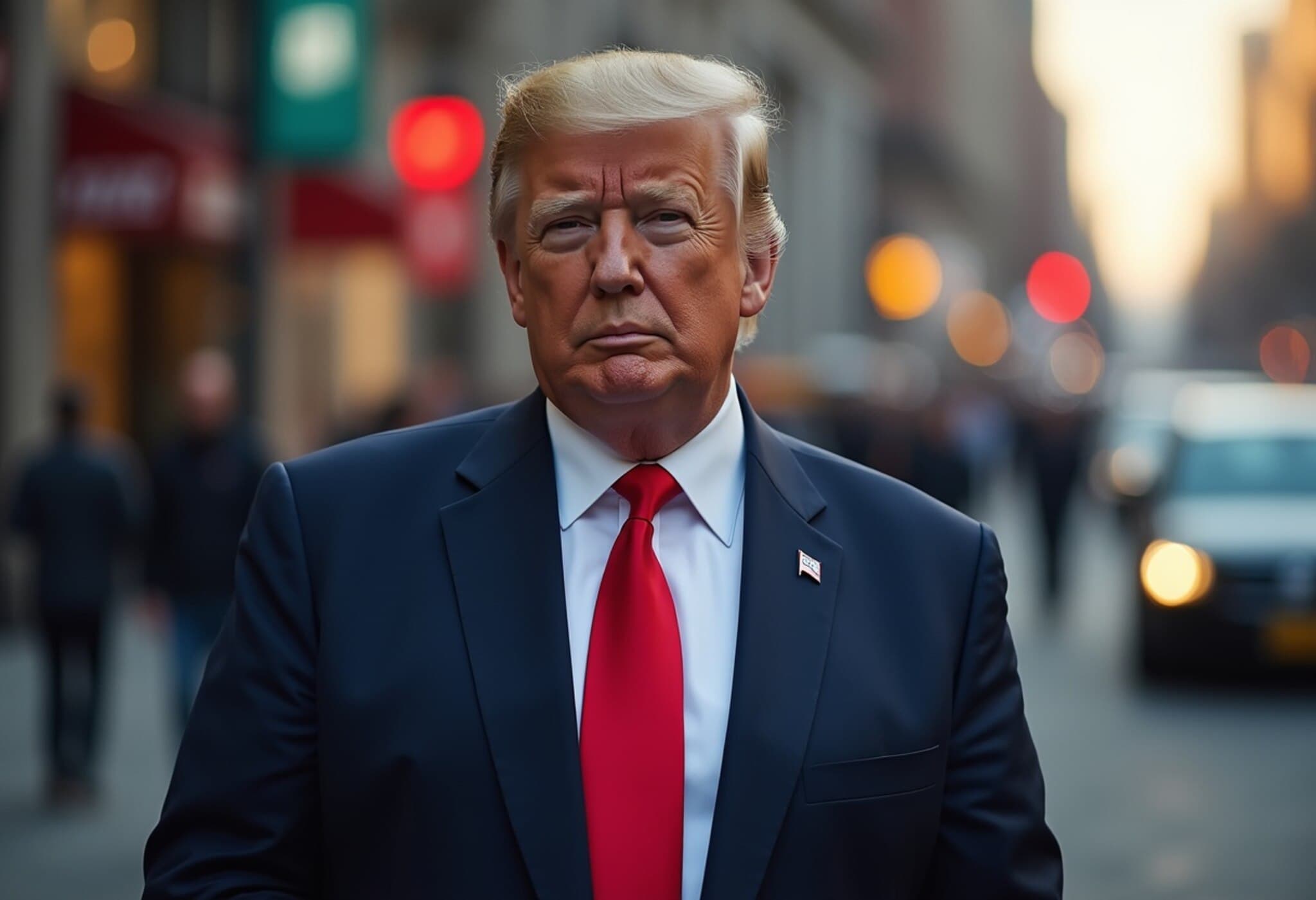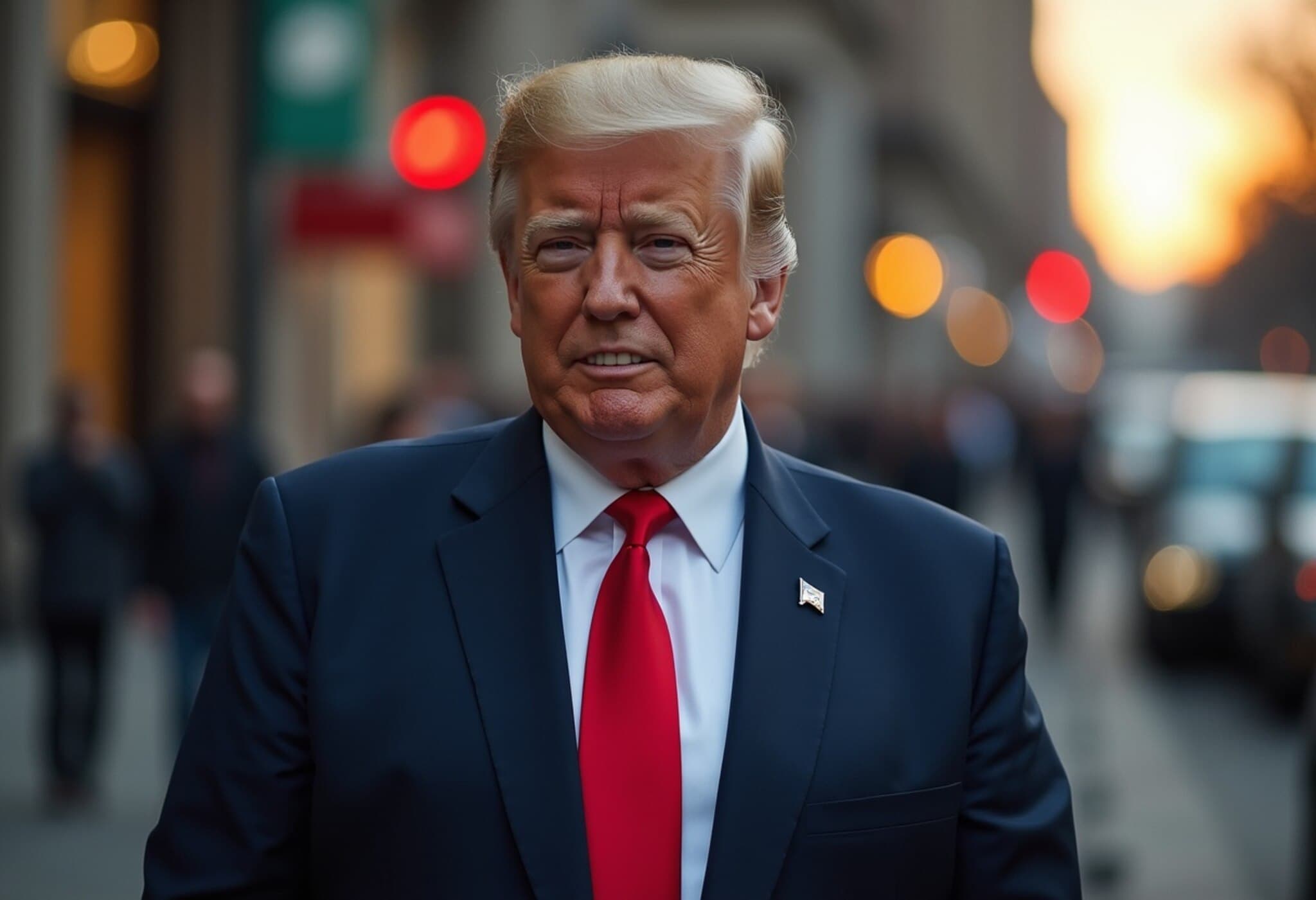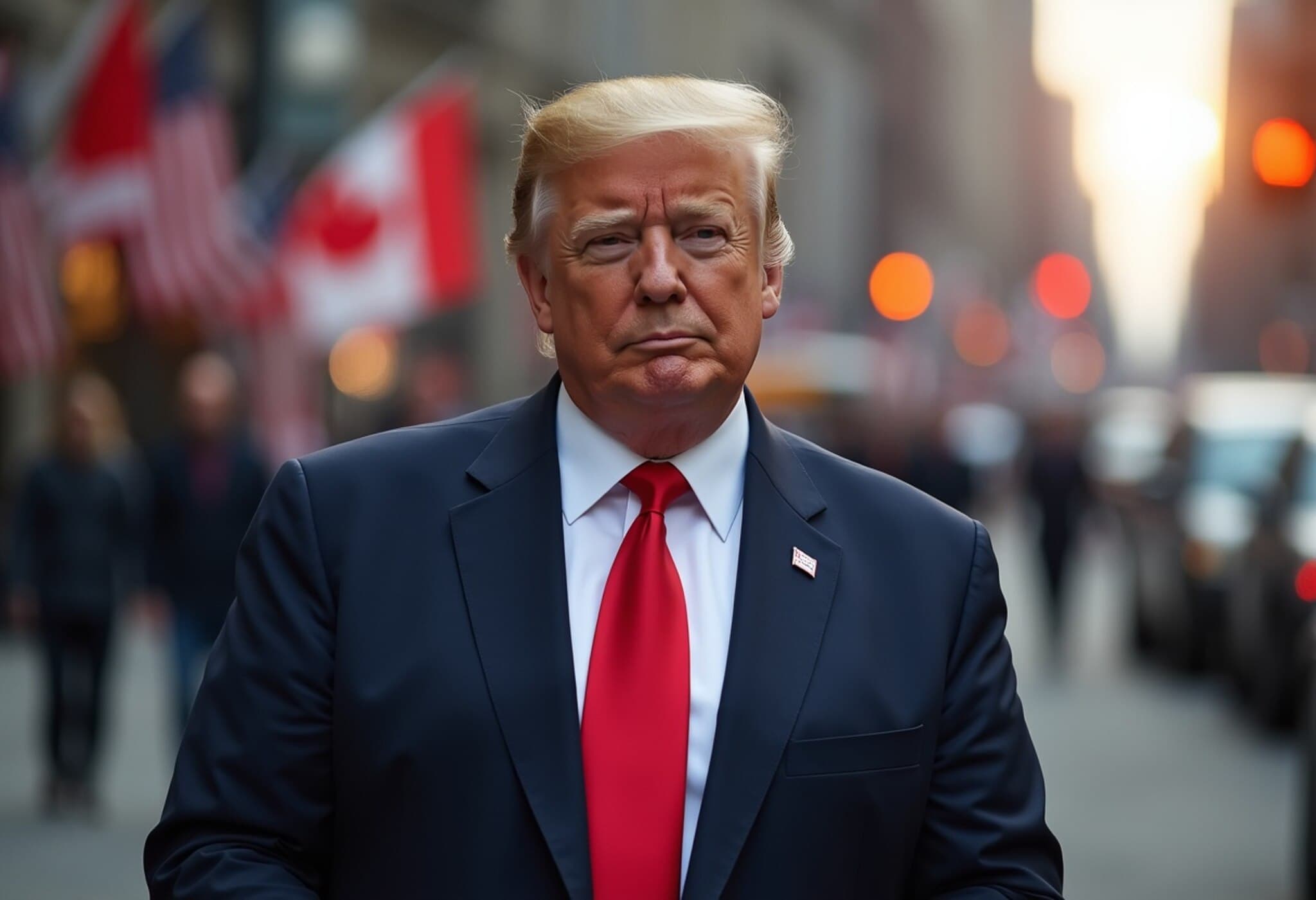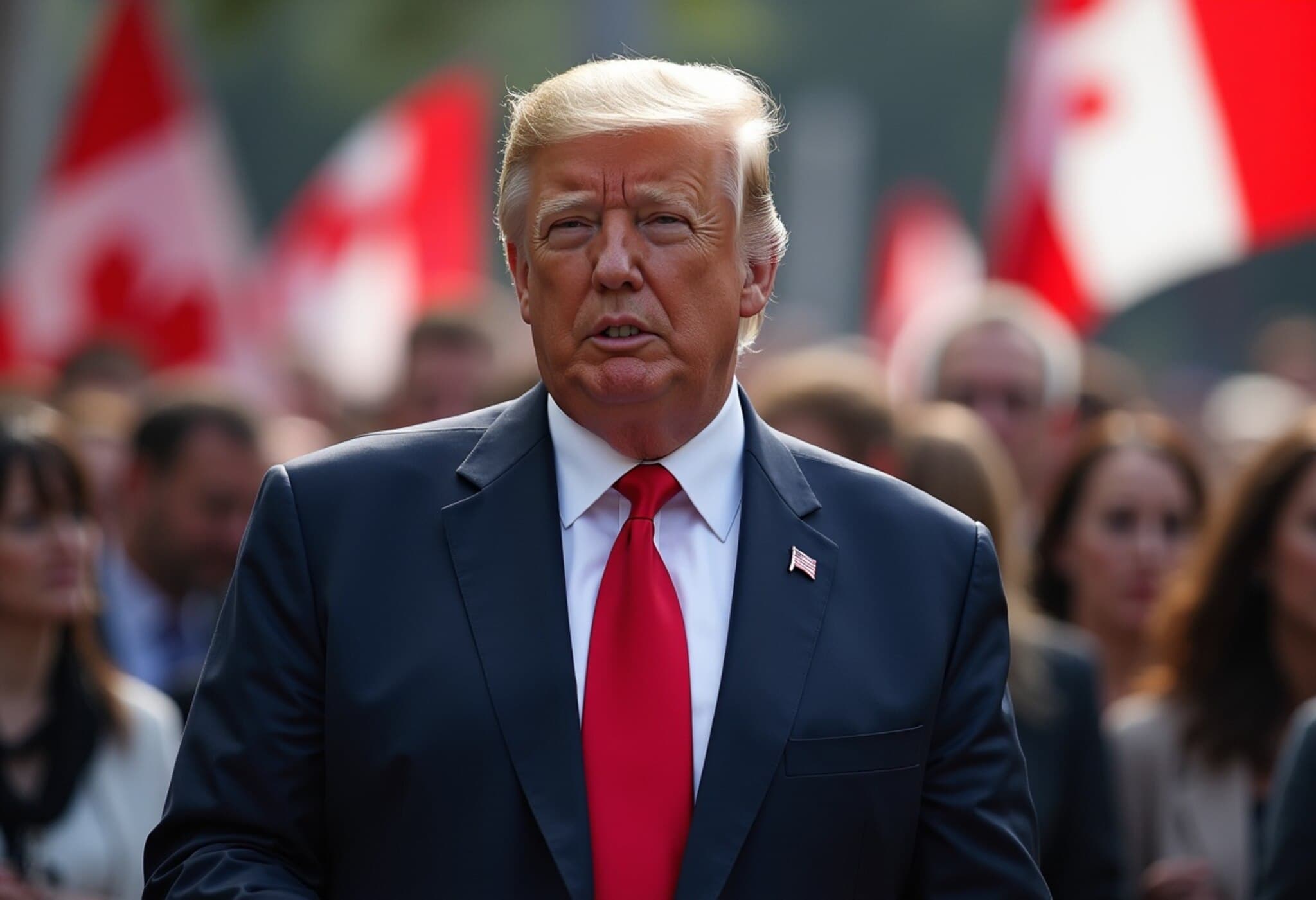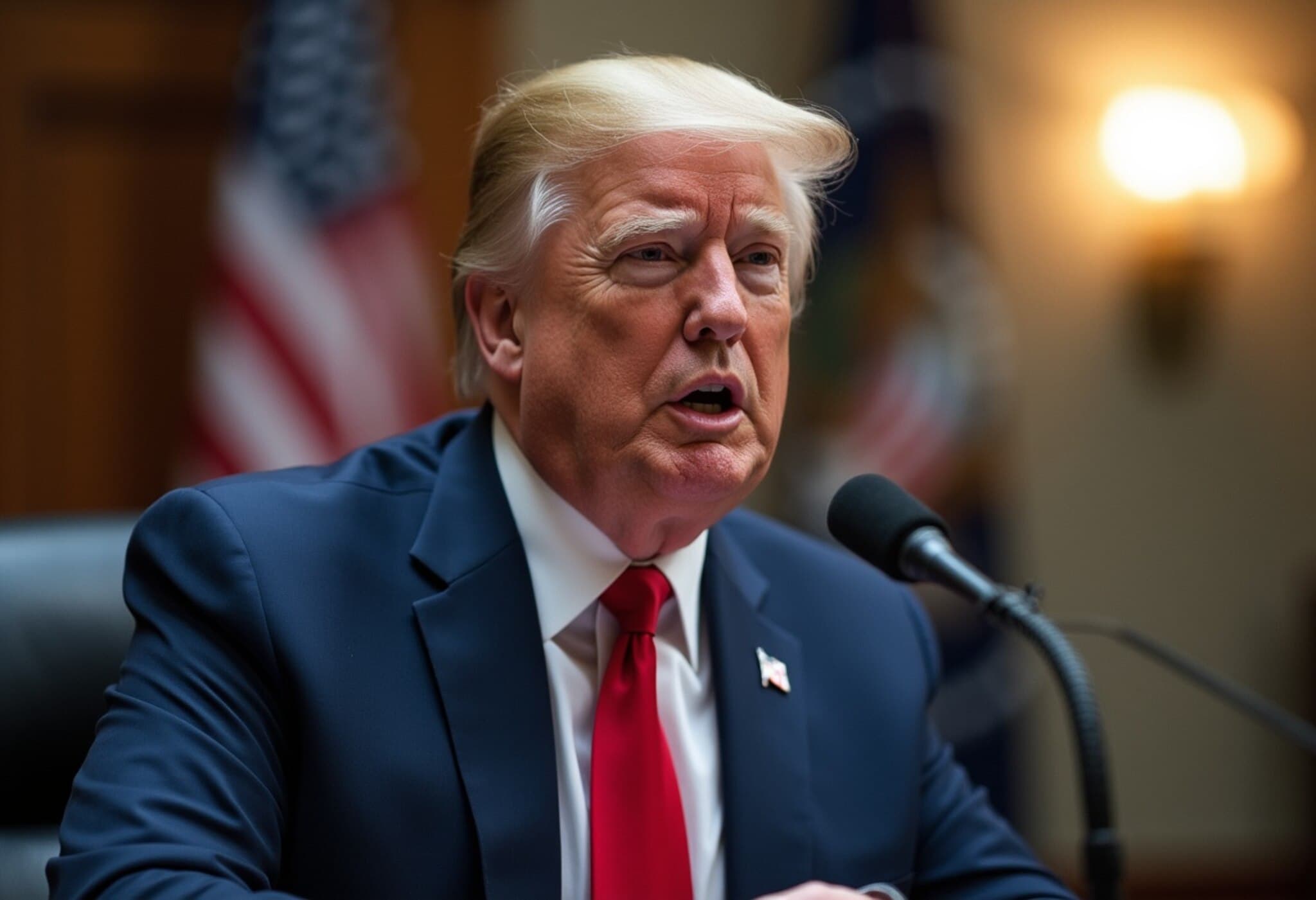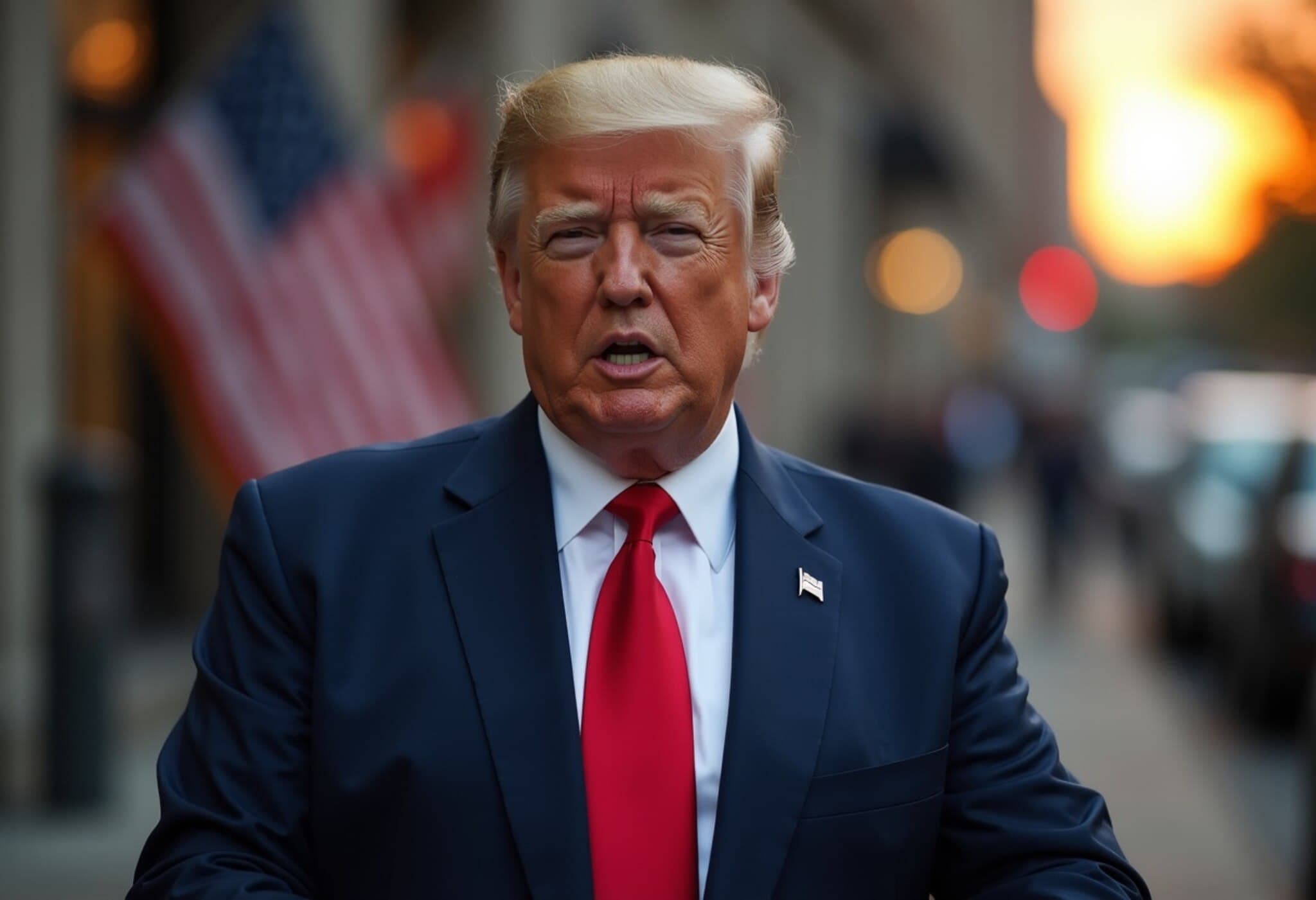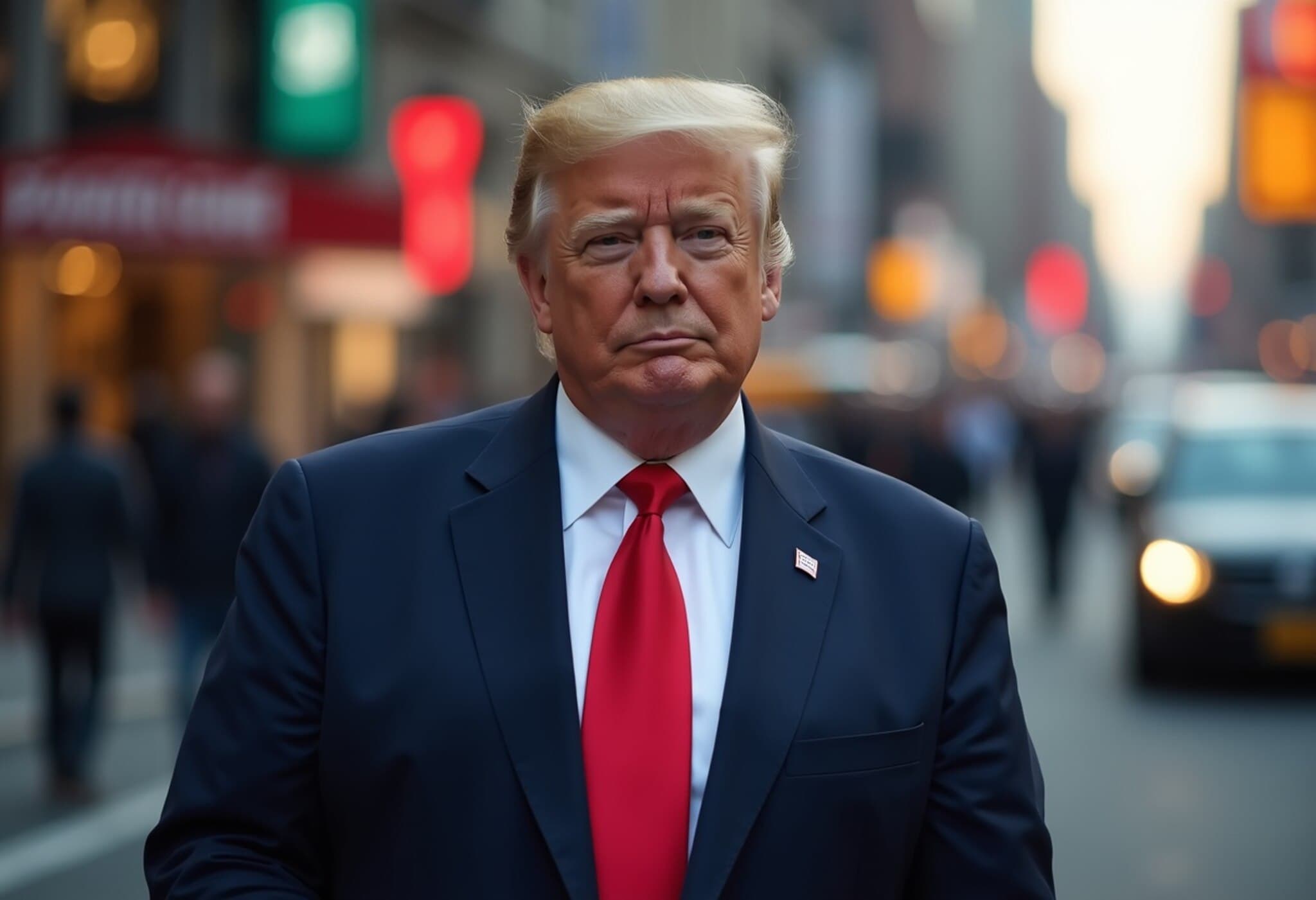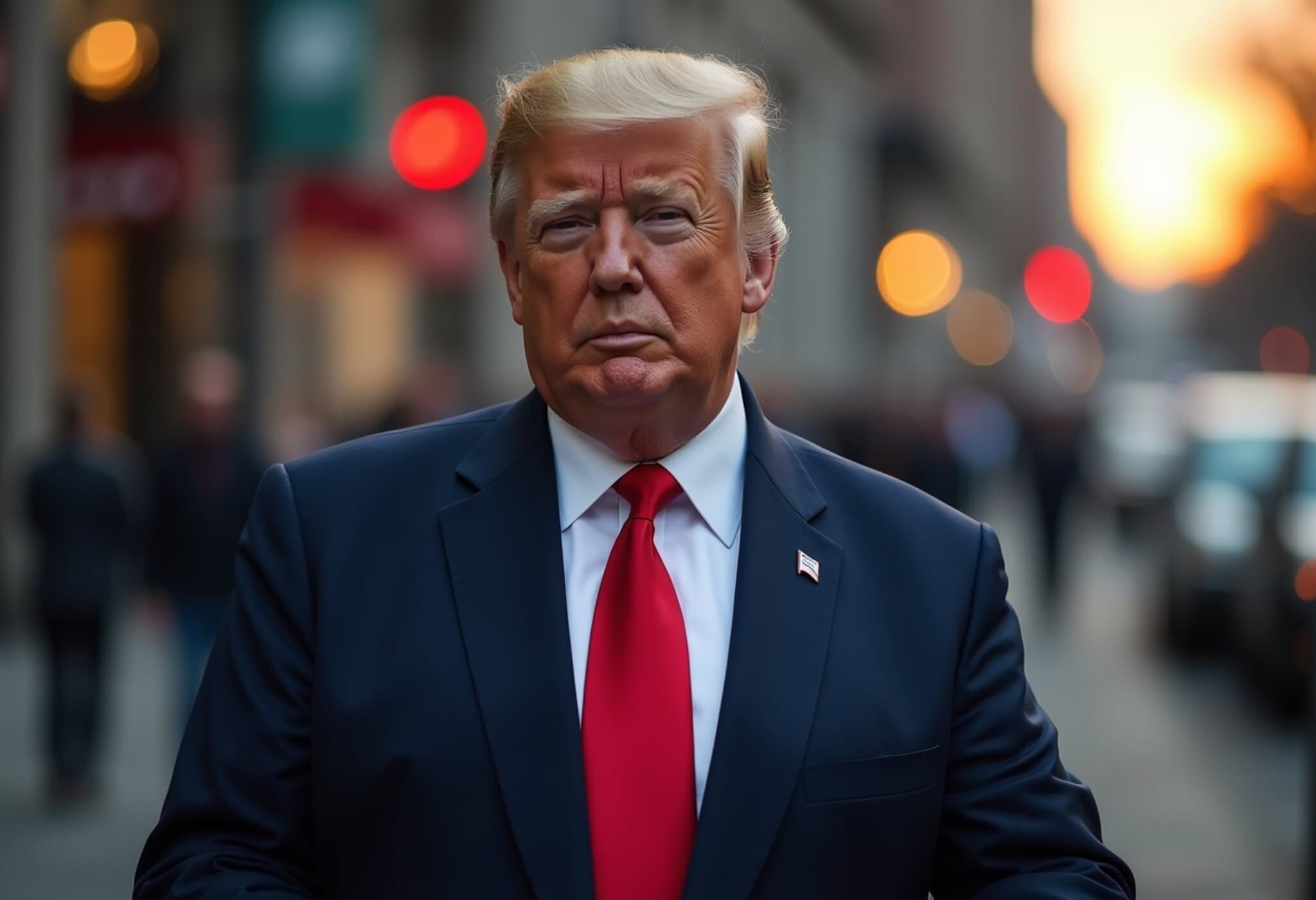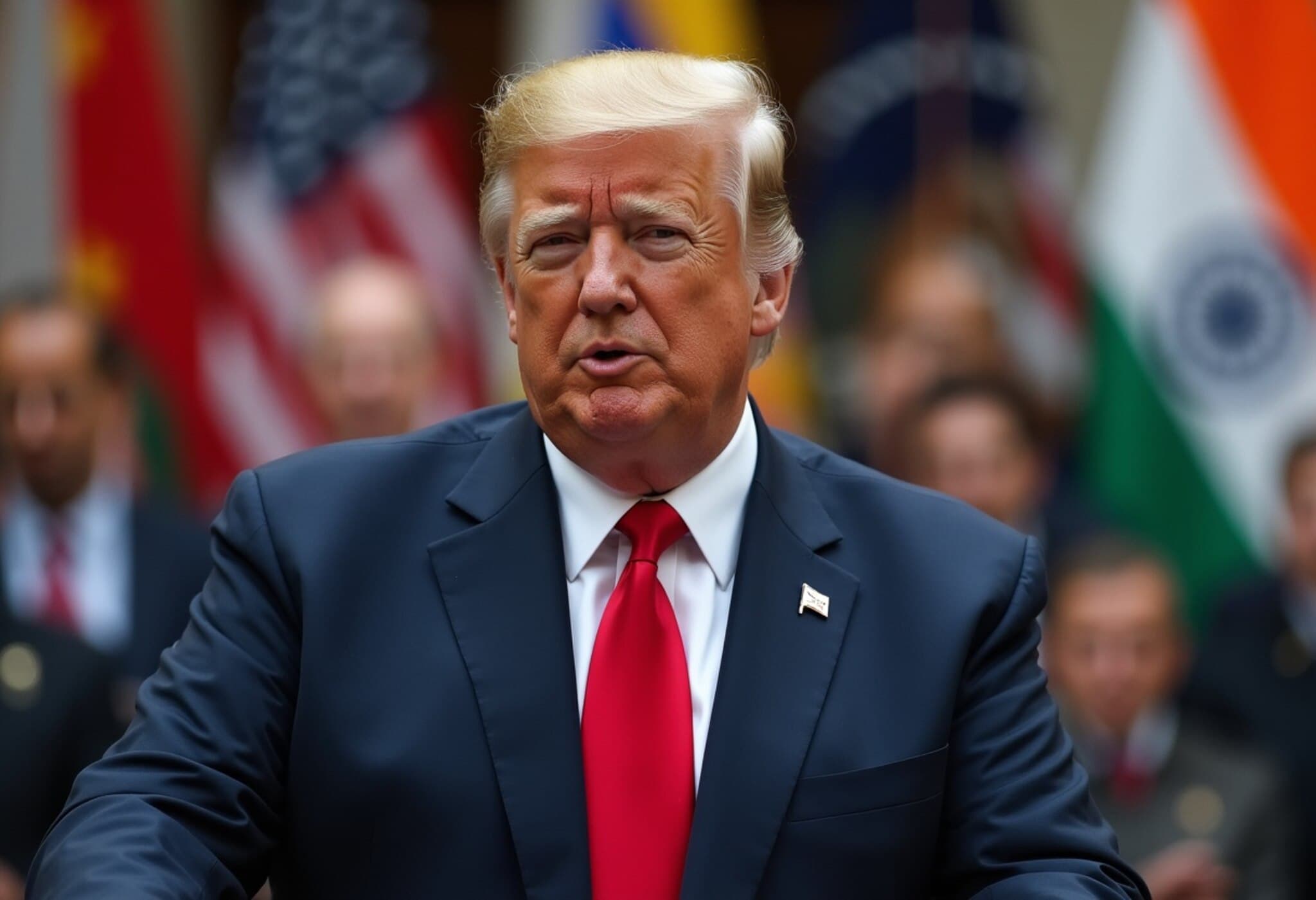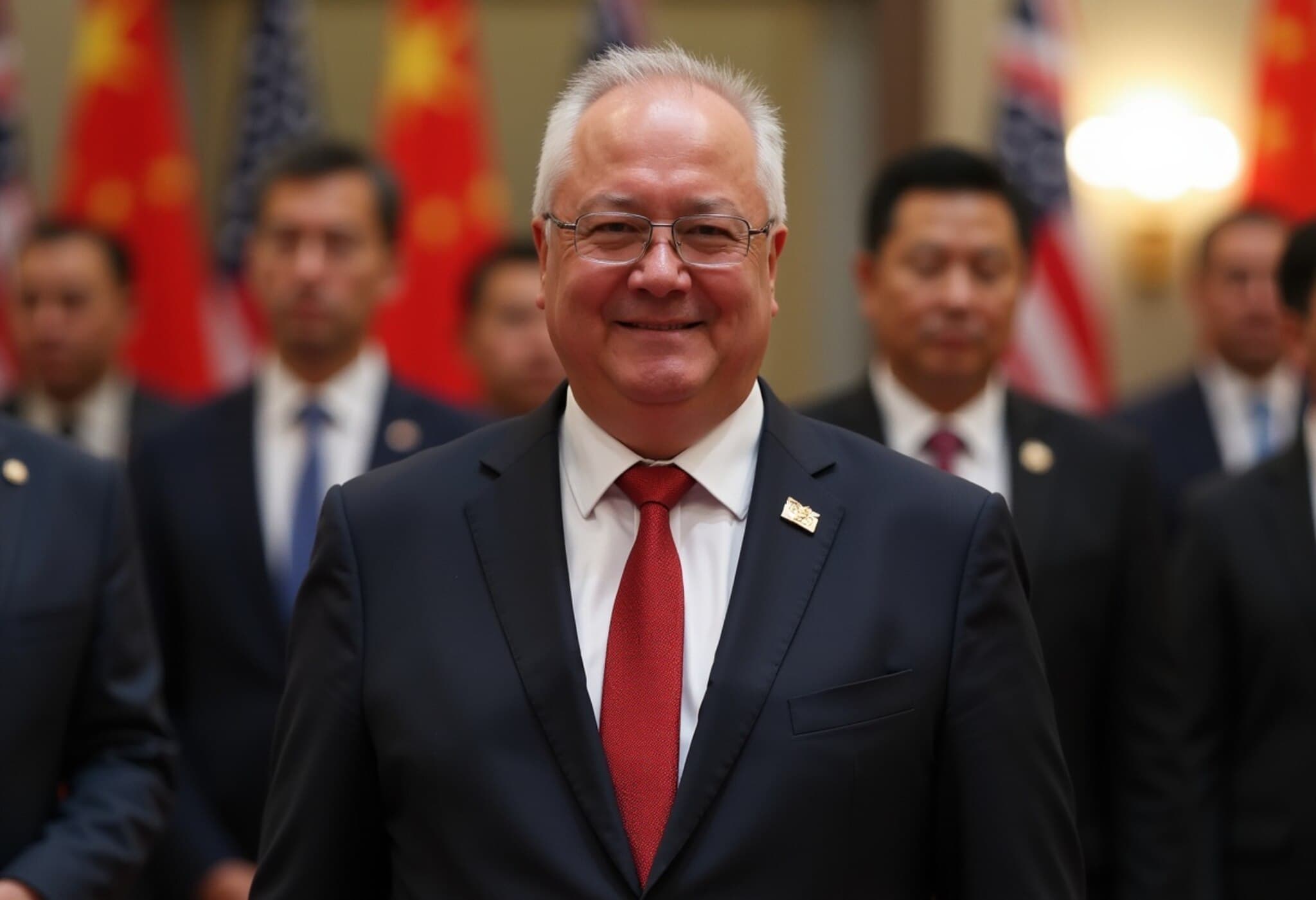Italy's PM Meloni Urges Unity Amid US Plans for Steep EU Tariffs
In a recent development that has sent ripples across transatlantic economic relations, Italian Prime Minister Giorgia Meloni voiced strong concerns over the potential fallout of US President Donald Trump’s announcement of a sweeping 30% tariff on products imported from the European Union (EU) and Mexico. Set to take effect on August 1, 2025, these tariffs mark a significant escalation in trade tensions, raising alarms about an emerging economic rift within the Western alliance.
Meloni’s Call to Avoid a “Trade War Within the West”
Speaking on July 14, 2025, Meloni cautioned against what she described as a “trade war within the West,” emphasizing that such measures would ultimately weaken Western economies amid pressing global challenges, including economic instability and geopolitical uncertainties.
“A trade war within the West would weaken us all in the face of the global challenges we are confronting together,” Meloni stated in an official communiqué. She underscored Europe’s robust economic and financial capacity to negotiate favorable terms
“Europe has the economic and financial strength to assert its position and reach a fair and sensible agreement,” Meloni added, affirming Italy’s commitment to collaborative diplomacy. “Italy will do its part. As always.”
Context and Reactions Across Europe
President Trump’s tariff announcement targets a broad spectrum of EU products and Mexican imports, marking a sharp move away from previous negotiation-focused strategies toward a hardline protectionist stance. The tariffs are perceived not only as a response to longstanding trade disputes, particularly in steel and aluminium, but also as a strategic shift to recalibrate America’s trade deficit and reinforce domestic industries.
Concurrently, the European Commission, led by President Ursula von der Leyen, has adopted a measured restraint approach, refraining from retaliatory tariffs for the moment. Brussels continues to engage in dialogue with Washington in hopes of reaching an amicable resolution, aiming to prevent the imposition of a blanket 30% levy that could severely disrupt EU exports.
Political Divisions and Criticism Within Italy
Domestically, Meloni’s position has stirred debate. Opposition factions, including the Five Star Movement headed by former Prime Minister Giuseppe Conte, have sharply criticized her approach. Conte accused Meloni and her Brothers of Italy party of yielding too readily to US pressure, suggesting that this deference undermines Italian sovereignty and the broader European negotiating stance.
This political friction reflects larger questions facing EU member states: balancing national interests with collective European solidarity and recalibrating alliances in a shifting global economic landscape.
Broader Implications for Transatlantic Relations
The tariff escalation threatens to reopen wounds from previous trade conflicts, reminiscent of earlier US-EU tariff battles that rattled markets and supply chains. Experts caution that such protectionist moves could hamper the global economic recovery post-pandemic, raising costs for manufacturers and consumers alike.
From an American policy perspective, this signals an assertive use of tariffs as leverage in trade negotiations, testing the limits of international trade norms set by the World Trade Organization (WTO). The move also highlights the domestic political imperatives driving trade policy in the US, where protecting jobs and key industries remains a potent electoral issue.
What’s Next? Navigating Trade Uncertainty
- EU Response: The European Union is likely to continue diplomatic engagement, possibly staging measured countermoves if negotiations falter.
- Industry Impact: Sectors such as automotive, agriculture, and manufacturing face heightened uncertainty, potentially affecting investment and supply chains.
- Global Repercussions: Other nations may recalibrate their own trade policies, possibly igniting new protectionist waves.
Editor’s Note:
Prime Minister Giorgia Meloni’s appeal against internal Western trade conflicts underscores a fragile moment for transatlantic unity—a unity crucial not only for economic prosperity but also for confronting wider geopolitical challenges. This episode raises pressing questions: Can the US and EU find common ground without fracturing decades of cooperation? How will domestic political pressures shape future trade policies? And importantly, what strategies will nations adopt to shield their economies from escalating tariffs without resorting to a damaging tit-for-tat cycle?
As this story unfolds, vigilant attention to diplomatic negotiations and the voices within political circles offers essential insight into the future shape of Western economic relations.



